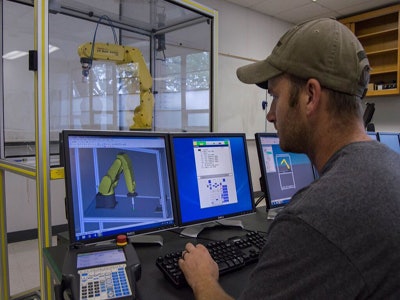The core community college mission of workforce training received a huge positive jolt through a series of grants designed to assist communities and workers negatively impacted by changes to the coal industry.
Community colleges are often on the front lines in educating people about fields such as automotive technology, nursing and business. In rural communities not located in proximity to four-year institutions, two-year colleges are the only entry point to higher education.

Driven by President Barack Obama’s efforts to assist negatively impacted communities, POWER is a community-based administration effort involving 10 federal agencies working together to propel the economies in coal country.
“Community colleges are leaders in workforce development across Appalachia, especially as the region’s economy continues to change,” says Wendy Wasserman, director of communications of the Appalachian Regional Commission (ARC), which is administering the grant awards along with the U.S. Department of Commerce’s Economic Development Administration (EDA).
“As the energy economy evolves, community colleges have continued to take the lead in developing innovative and impactful workforce training programs in a variety of sectors,” says Wasserman.
Grants and funding














